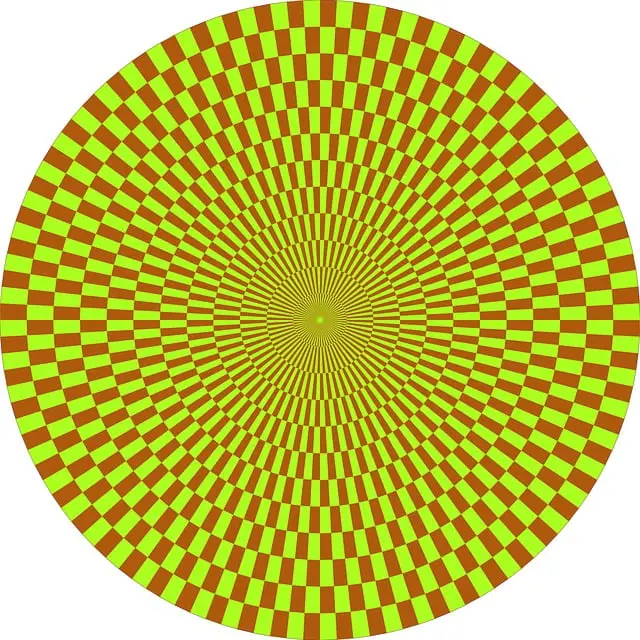Anxiety and depression frequently coexist, creating complex challenges. Kratom, a natural herb derived from Mitragyna speciosa leaves, shows promise as an alternative or adjunctive therapy for co-occurring depression and anxiety disorders. Its unique chemical structure may interact with opioid receptors to improve mood while having lower addiction potential than traditional medications. Research indicates holistic approaches combining kratom with cognitive-behavioral therapy (CBT), meditation, and yoga can effectively manage these conditions. However, more studies are needed to understand its long-term effects for optimal depression treatment.
“Anxiety disorders and depression often walk hand in hand, with co-occurrence rates reaching significant heights. This complex relationship forms the focal point of our exploration, delving into strategies for managing both conditions effectively. In this article, we unravel the intricate link between anxiety and depression, offering insights into natural remedies like kratom as a potential aid in depression treatment for co-occurring cases. Additionally, we present holistic support strategies, providing a comprehensive guide to navigating these challenges.”
- Understanding Co-Occurrence of Anxiety and Depression: Unveiling the Complex Relationship
- Exploring Kratom as a Potential Aid for Depression Treatment in Co-Occurring Cases
- Holistic Support Strategies for Effective Management of Anxiety Disorders and Co-Occurring Depression
Understanding Co-Occurrence of Anxiety and Depression: Unveiling the Complex Relationship
Anxiety and depression often coexist, creating a complex interplay that challenges individuals and healthcare providers alike. The co-occurrence of these disorders is more common than initially thought, with studies indicating a significant proportion of people experiencing anxiety also struggle with depressive symptoms. This interconnectedness raises important questions about how best to approach treatment.
Understanding the nuanced relationship between anxiety and depression is essential. While they share some similar symptoms, such as feelings of sadness, hopelessness, and fatigue, they are distinct disorders with unique characteristics. Recognizing this difference is crucial for effective treatment. Depression treatment with kratom, for instance, has gained attention as a potential alternative or adjunctive approach, offering relief from depressive symptoms while also addressing anxiety in some cases. However, it’s important to note that such holistic strategies require careful consideration and professional guidance to ensure safety and efficacy.
Exploring Kratom as a Potential Aid for Depression Treatment in Co-Occurring Cases
Kratom, derived from the dried leaves of the Mitragyna speciosa plant, has gained attention as a potential natural remedy for various ailments, including anxiety and depression. In the context of co-occurring anxiety disorders and depression, exploring alternative treatments like Kratom can offer a glimmer of hope for those seeking relief. Numerous studies suggest that Kratom’s unique chemical composition may interact with opioid receptors in the brain, providing a soothing effect on mood and potentially mitigating symptoms of depression.
The use of Kratom as a complementary therapy is particularly intriguing due to its relatively low potential for addiction compared to traditional prescription medications. This aspect makes it an appealing option for individuals struggling with co-occurring disorders, who may be more susceptible to developing substance use disorders with conventional treatments. However, further research is needed to understand the long-term effects and optimal dosage of Kratom for depression treatment in these complex cases.
Holistic Support Strategies for Effective Management of Anxiety Disorders and Co-Occurring Depression
Anxiety disorders often co-occur with depression, making comprehensive holistic support crucial for effective management. This approach recognizes the interconnectedness of mental health conditions and offers a range of strategies to address both anxiety and depression simultaneously. One promising avenue in depression treatment is the integration of herbal remedies like kratom. Research suggests that kratom may help alleviate symptoms of depression and anxiety by interacting with opioid receptors in the brain, offering a natural alternative for those seeking non-pharmacological interventions.
In conjunction with herbal treatments, holistic support strategies encompass various therapeutic methods. Cognitive-behavioral therapy (CBT) is widely recognized for its effectiveness in managing anxiety disorders, providing tools to challenge negative thought patterns and behaviors. Simultaneously, mindfulness practices, such as meditation and yoga, can empower individuals to cultivate present-moment awareness and emotional regulation skills, fostering resilience against both anxiety and depression. Combining these evidence-based approaches with herbal remedies like kratom may offer a comprehensive, holistic approach to managing co-occurring anxiety disorders and depression.
The complex interplay between anxiety disorders and co-occurring depression necessitates a multifaceted approach to effective management. As explored in this article, understanding the intricate relationship between these conditions is crucial. While Kratom shows promise as a potential aid for depression treatment in co-occurring cases, it’s essential to remember that holistic support strategies, encompassing both therapeutic interventions and natural remedies, offer a more comprehensive and sustainable solution. By combining evidence-based treatments with holistic practices, we can improve outcomes and enhance the quality of life for those living with anxiety disorders and co-occurring depression.






